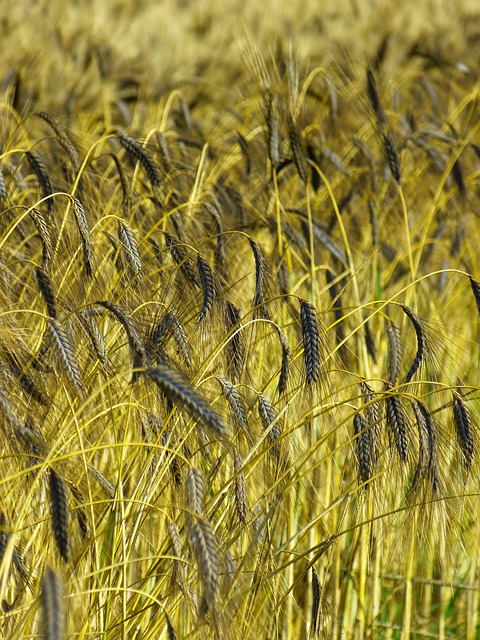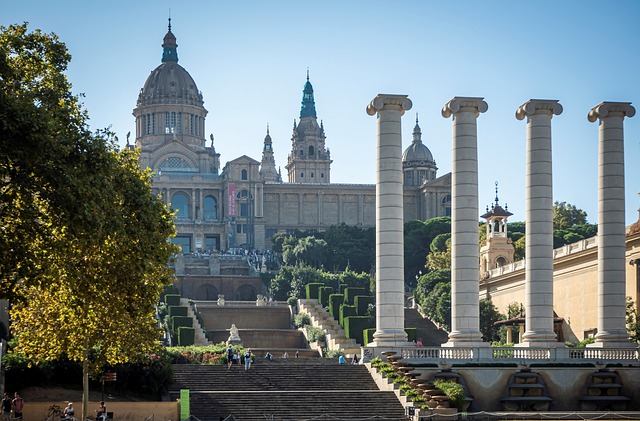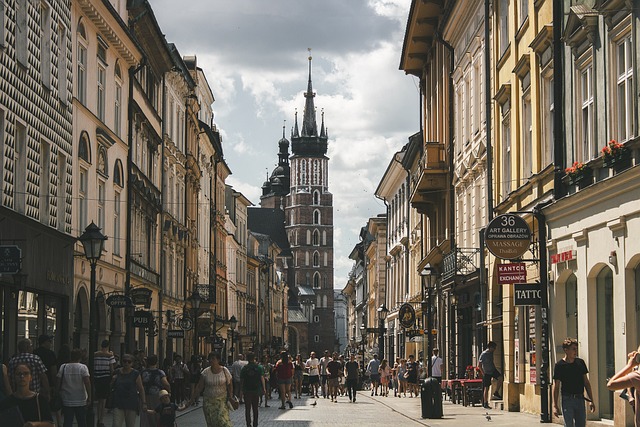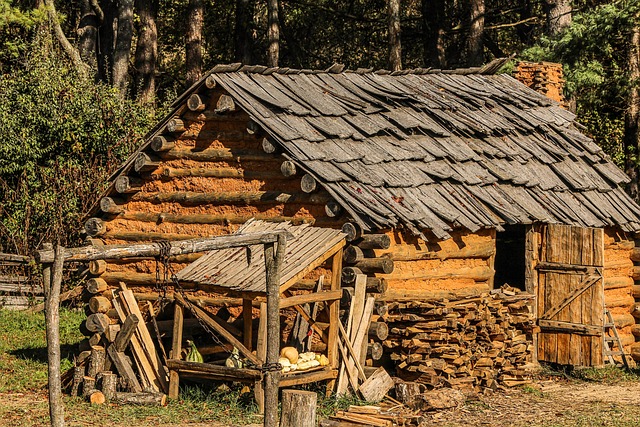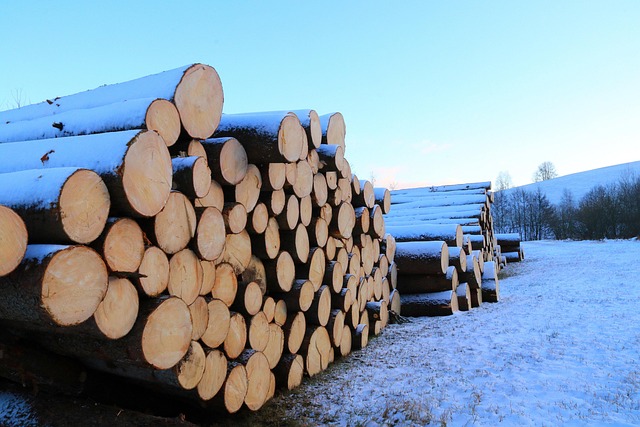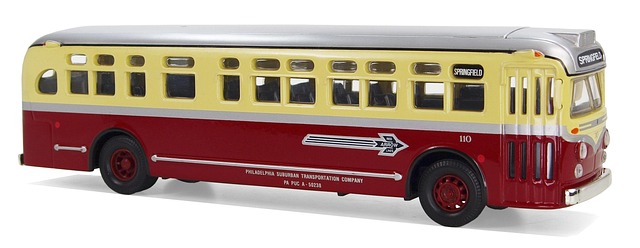Springfield's cultural evolution is deeply rooted in its historical significance as a logging industry powerhouse, where its abundant natural resources attracted settlers and shaped its identity. Over time, the city successfully transitioned its economy towards tourism while preserving its rich history and heritage. Today, Springfield stands as a vibrant example of nature and human development coexisting, showcasing its remarkable cultural evolution through restored historic sites, outdoor activities, and modern attractions that blend seamlessly with its past.
Springfield, nestled amidst lush forests, once thrived as a bustling logging hub, shaping its identity and cultural evolution. This article explores Springfield’s historical role in the timber industry, its transformation from a timber town to a tourism hotspot, and the lasting impact of its logging past on local pride. Discover how Springfield’s unique heritage has left an indelible mark, inspiring a harmonious balance between preserving its roots and embracing modern attractions, showcasing its remarkable cultural evolution.
- Springfield's Historical Role in Logging Industry
- Cultural Shifts: From Timber Town to Tourism Hub
- The Legacy of Springfield's Logging Past and Its Impact on Local Identity
Springfield's Historical Role in Logging Industry
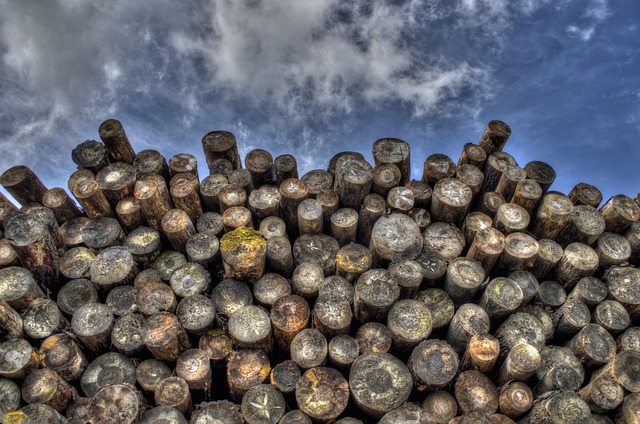
Springfield, with its rich history, has played a pivotal role in the logging industry for centuries. The city’s cultural evolution is deeply intertwined with the forest, reflecting a time when robust logging practices shaped its identity. Abundant timber resources attracted pioneers and entrepreneurs alike, leading to the establishment of mills and sawyards that became the backbone of Springfield’s economy.
This historical legacy left an indelible mark on the region’s culture, where the art, literature, and even daily life of Springfieldians were influenced by their deep connection with the forest. The city’s unique character, as a logging hub, has contributed to its vibrant story, making it a fascinating case study in the interplay between nature and human development.
Cultural Shifts: From Timber Town to Tourism Hub

Springfield, once a bustling logging hub where the smell of pine and the sound of saws defined its identity, has undergone a remarkable cultural evolution. Over time, the town’s economy shifted from heavy industry to a more diverse mix, with tourism emerging as a significant player. This transformation reflects broader changes in societal priorities, where environmental conservation and outdoor recreation have gained prominence. Today, visitors are drawn not just to Springfield’s scenic beauty but also to its rich history and vibrant cultural scene.
The transition has been marked by a conscious effort to preserve the town’s heritage while embracing new opportunities. Historic logging sites have been meticulously restored, offering tourists glimpses into the past. Simultaneously, local businesses have flourished, catering to outdoor enthusiasts with activities like hiking, camping, and wildlife watching. This balance between preserving tradition and cultivating modern attractions has positioned Springfield as a unique destination, showcasing its cultural evolution and attracting visitors from near and far.
The Legacy of Springfield's Logging Past and Its Impact on Local Identity
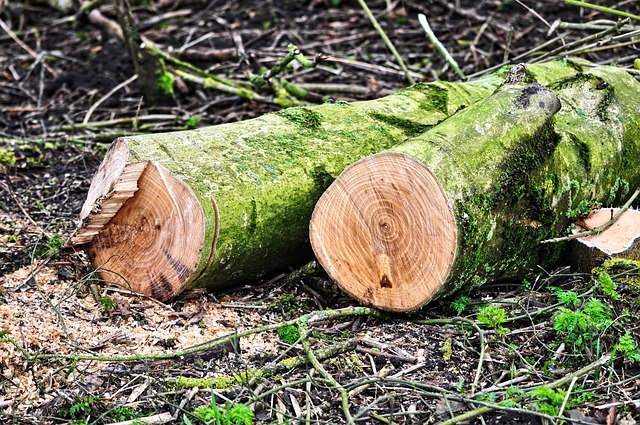
Springfield, with its rich history, boasts a legacy that is inextricably tied to its role as a logging hub. For decades, the city’s economic pulse was synchronized with the rhythm of axes and saws, shaping not just its built environment but also its cultural evolution. The remnants of this era are evident in the sturdy architecture scattered across the city, each building telling a story of hard work and resilience.
This logging past has left an indelible mark on Springfield’s local identity, fostering a community that values resourcefulness and adaptability. The stories passed down through generations recount the hustle and bustle of loggers returning with their catch, the vibrant atmosphere of bustling sawmills, and the communal spirit that flourished amidst the challenges of this demanding trade. Today, these narratives continue to inspire a deep sense of pride in Springfield’s heritage, contributing to a unique cultural identity that is both nostalgic and forward-thinking.
